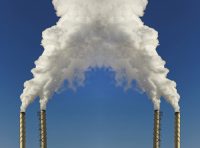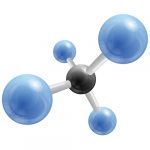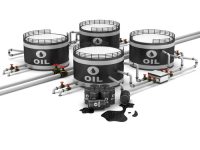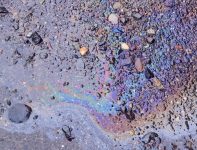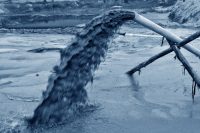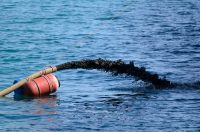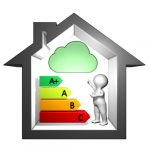EPA’s Proposed Changes to Ground-Level Ozone Standards
EPA’s Proposed Changes to Ground-Level Ozone Standards The EPA is required by the Clean Air Act (CAA) to review outdoor air quality standards for ozone every 5 years “by following a set of open, transparent steps and considering the advice of a panel of independent experts.” In this most recent review, more than 1,000 […]


